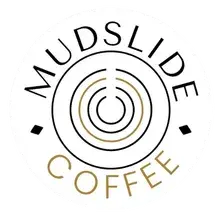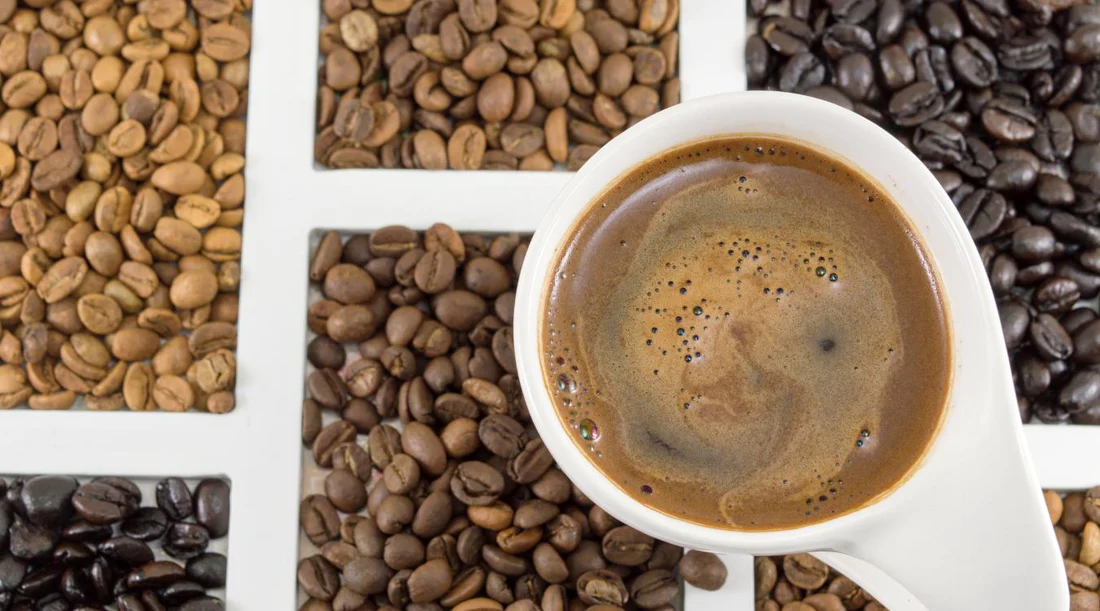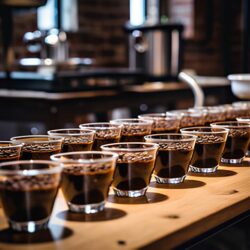In a world where coffee has become an essential part of our daily routines, a revolution has been quietly brewing. Specialty coffee, a term that might sound familiar yet remains mysterious to many, represents the pinnacle of coffee craftsmanship and quality. But what exactly makes a cup of coffee “specialty,” and why should coffee enthusiasts care? Let’s dive into this aromatic world of exceptional beans and meticulous brewing methods.
What Defines Specialty Coffee?
Unlike your average cup of joe from the corner store, specialty coffee is graded based on a precise scoring system developed by the Specialty Coffee Association (SCA). To earn the prestigious “specialty” label, coffee beans must score at least 80 points out of 100 in a rigorous evaluation process called cupping. This assessment considers factors such as aroma, flavor, acidity, body, balance, sweetness, and clean cup characteristics.
The 100-point scale breaks down as follows:
- Below 80: Commercial grade coffee
- 80-84: Good specialty coffee
- 85-89: Excellent specialty coffee
- 90+: Outstanding, exceptional coffee (rare and highly sought after)
Each point on this scale represents meaningful differences in quality. The jump from 83 to 87 points isn’t just a slight improvement—it’s often a transformative difference in complexity, clarity, and overall experience.
But specialty coffee goes beyond just numbers. It embraces a farm-to-cup philosophy, where transparency and traceability matter. Each bag tells a story—the specific region, farm, variety of beans, altitude of growth, and processing method. This information isn’t just marketing; it’s essential knowledge that influences the coffee’s flavor profile.
The American Specialty Coffee Journey
While specialty coffee may have global roots, the American coffee culture has played a pivotal role in its development. The “Third Wave” coffee movement, which gained momentum in the United States in the early 2000s, revolutionized how Americans perceive and consume coffee. Cities like Seattle, Portland, San Francisco, and New York became epicenters of coffee innovation, with micro-roasteries and artisanal cafés springing up across the country.
Today, American coffee lovers are increasingly sophisticated in their preferences. The culture has shifted from merely seeking a caffeine fix to appreciating coffee as a culinary experience comparable to fine wine or craft beer. This evolution has created a demand for higher quality, ethically sourced beans with distinct flavor profiles that reflect their origin’s terroir.
The Spectrum of Flavors
While specialty coffee may have global roots, the American coffee culture has played a pivotal role in its development. The “Third Wave” coffee movement, which gained momentum in the United States in the early 2000s, revolutionized how Americans perceive and consume coffee. Cities like Seattle, Portland, San Francisco, and New York became epicenters of coffee innovation, with micro-roasteries and artisanal cafés springing up across the country.
Today, American coffee lovers are increasingly sophisticated in their preferences. The culture has shifted from merely seeking a caffeine fix to appreciating coffee as a culinary experience comparable to fine wine or craft beer. This evolution has created a demand for higher quality, ethically sourced beans with distinct flavor profiles that reflect their origin’s terroir.
The Spectrum of Flavors
What truly sets specialty coffee apart is its remarkable diversity of flavors. Unlike commercial coffee that often tastes predominantly bitter or burnt, specialty coffee can exhibit notes of:
- Fruits: Berries, citrus, stone fruits, tropical varieties
- Florals: Jasmine, rose, lavender
- Chocolates: Dark chocolate, milk chocolate, cocoa
- Nuts: Almond, hazelnut, walnut
- Spices: Cinnamon, nutmeg, cardamom
- Caramels: Brown sugar, honey, maple syrup
These aren’t artificial flavors added to the coffee—they’re natural characteristics that emerge through careful cultivation, processing, roasting, and brewing. Each origin has its typical flavor profile: Ethiopian coffees are known for their bright, fruity, and floral notes, while Colombian beans often display chocolate, caramel, and nutty characteristics.
The Craft of Preparation
Specialty coffee demands respect in its preparation. The brewing method, water quality, grind size, temperature, and timing all significantly impact the final cup. Popular brewing methods include:
- Pour-over (V60, Chemex, Kalita Wave)
- Espresso-based drinks
- French press
- AeroPress
- Cold brew
Each method highlights different aspects of the coffee’s flavor profile, allowing enthusiasts to customize their experience based on personal preference or the specific characteristics of a particular bean.
Beyond Taste: Ethics and Sustainability
The specialty coffee movement embraces ethical considerations beyond simply offering a superior product. Direct trade relationships between roasters and farmers ensure fair compensation that significantly exceeds conventional market prices. This approach creates sustainable livelihoods for producers while encouraging environmental stewardship through organic farming practices and conservation efforts.
Climate change poses a significant threat to coffee production worldwide, with rising temperatures and changing rainfall patterns affecting traditional growing regions. The specialty coffee industry has been at the forefront of adapting to these challenges through research, innovation, and support for farming communities.
Experience Exceptional Specialty Coffee With Us
While understanding specialty coffee is fascinating, experiencing it in our café environment takes your appreciation to another level. At our café, our commitment to exceptional quality is evident in every cup we serve. We’ve created a sanctuary for coffee enthusiasts and newcomers alike to discover the remarkable world of specialty coffee.
What sets us apart is our collaboration with Onyx Coffee Lab, one of America’s most respected specialty coffee roasters. They’re renowned in the specialty community for their meticulous sourcing, exceptional quality control, and innovative approach to roasting. The coffees we serve consistently score well above the specialty threshold (80+ points), with many of our selections reaching the coveted 90+ range that represents the pinnacle of coffee excellence.
Our professionally trained baristas understand both the science and art behind preparing these exceptional beans. Using precisely calibrated equipment, carefully filtered water, and expert techniques, we extract the full potential from each batch—something that’s incredibly difficult to replicate at home without professional equipment and years of training.
Why Visiting Our Café Enhances Your Coffee Experience
Visiting us gives you several benefits that are hard to replicate at home:
- Curated Selection: We offer a rotating menu of award-winning single-origin beans and signature blends, letting you explore different coffees without buying full bags.
- Helpful Guidance: Our team is happy to help you navigate the world of specialty coffee, suggesting options based on what you enjoy and explaining what makes each coffee unique.
- Professional Preparation: We carefully control brewing variables—from water quality to grind size—bringing out the best in every coffee we serve.
- Relaxing Environment: Our café atmosphere is designed to help you enjoy and appreciate the complex flavors in your cup without distractions.
The Future of Specialty Coffee
As specialty coffee continues to evolve, we stay connected to the latest developments. We’re excited to introduce you to new processing methods, interesting coffee varieties, and innovative brewing approaches.
Whether you’re new to specialty coffee or already a fan looking to learn more, our café is a great place to slow down, relax, and discover the amazing complexity in your cup. The journey into specialty coffee is about enjoying better flavor while appreciating the craft and care that goes into creating something special.


